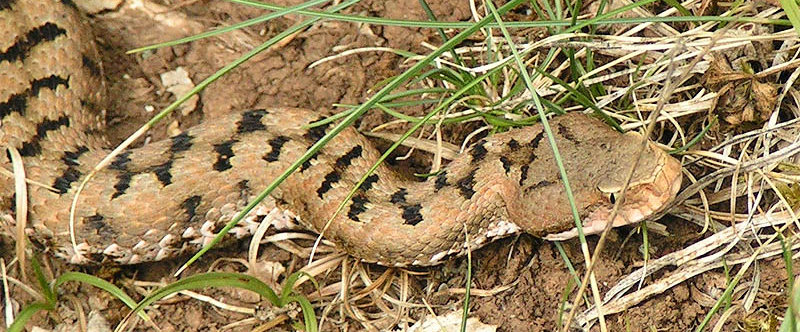What is…
Melita
also known as: Malta
This island is not to be confused with the Dalmatian island of Meleda in the Adriatic Sea, known as Melita Illyrica.
Greek: Μελίτη —transliteration: Melité —meaning literally" “place of honey,” “sweetness” or any similarly sweet thing
Melita is an island in the Mediterranean Sea. Paul stayed here for months, and at least two miracles took place during that time. Most of the inhabitants were likely idolatrous.
Today the island is called Malta. It is about 17 miles long and 9 wide, and about 60 in circumference.
Here the ship in which the Apostle Paul was being conveyed as a prisoner to Rome was wrecked.
And when they were escaped, then they knew that the island was called Melita. —Acts 28:1 KJV
The bay in which it was wrecked now bears the name of “St. Paul’s Bay,” “a certain creek with a shore.” It is about 2 miles deep and 1 broad, and the whole physical condition of the scene answers the description of the shipwreck given in Acts 28.
Melita is also where Paul was bitten by a venomous viper while warming from the shipwreck at a fire. The viper fastened on his hand. The natives of the island were utterly amazed that Paul suffered no harm, when he should have swollen and then suddenly fallen dead. They initially wrongly concluded that he must be a god. In reality, he was protected by the One True God.
Later through Paul’s prayer, God instantly healed the very sick father of Publius, the courteous chief man of Melita island.
The island’s title for Publius as “first man” (πρῶτος / prótos) is attested from ancient inscriptions found on the island.
After a stay of three months on this island, during which the barbaroi (“barbarians”) showed them much kindness. This is the standard term for non-Greek speakers. Julius procured for himself and his company a passage in another Alexandrian grain ship (corn-ship) which had wintered at the island. They then proceeded on their voyage to Rome (Acts 28:13-14).
The main port on the island is a natural harbor, The Grand Harbour, also known as the Port of Valletta. This is likely where Paul’s group set sail to Rome.
The island has a rich and long archaeological history, with many ruins. Melita was originally colonized by Phoenicians after 1000 BC. It came into the possession of the Greeks (736 BC), from whom it was taken by the Carthaginians (528 BC). In 242 BC it was conquered by the Romans, and was governed by a Roman propraetor at the time of the shipwreck (Acts 28:7).
When the French garrison surrendered to the English force in 1800, Malta became a British dependency. In 1964 it became independent and is now known as the Republic of Malta (1974). Most people of the island identify as Christians (88.5%).
More information
- Who is Paul?
- What is an Apostle?
- Viper
- Adder
- About the miracles of the Bible, with comprehensive list
- Is it logical to believe that the biblical miracles really happened? Answer
- “Miracles are not possible,” some claim. Is this true? Answer
- Ships in the Bible
- About ancient Rome in the Bible
- Islands in the Bible
- Places of the Bible
